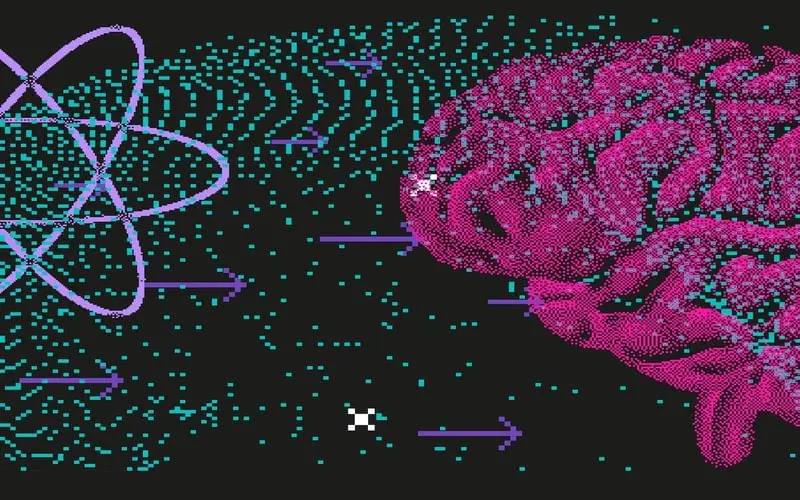From its very inception quantum mechanics troubled physicists. It seemed to challenge our conception of reality and lead to apparent contradictions. One of the founders of quantum mechanics, Ernst Heisenberg, questioned whether the theory offered a description of reality at all. Others, like Niels Bohr, claimed that somehow human consciousness played a role in the theory. In this interview, Carlo Rovelli explains Heisenberg’s anti-realist motivations, clarifies the role of the “observer” in quantum mechanics, and articulates his relational interpretation of the theory, according to which reality is a network of interactions.
Carlo Rovelli will debate Sabine Hossenfelder and Eric Weinsten in the FREE IAI Live event, ‘Quantum Physics and the End of Reality’ on July 25th. Learn more here.
The founders of quantum mechanics were very uncomfortable with its results – famously Einstein thought it an incomplete theory and quipped “God doesn’t play dice”, and Schrödinger abandoned physics altogether for biology. What was so radically different about quantum mechanics than classical physics that caused such discomfort to its own creators?
